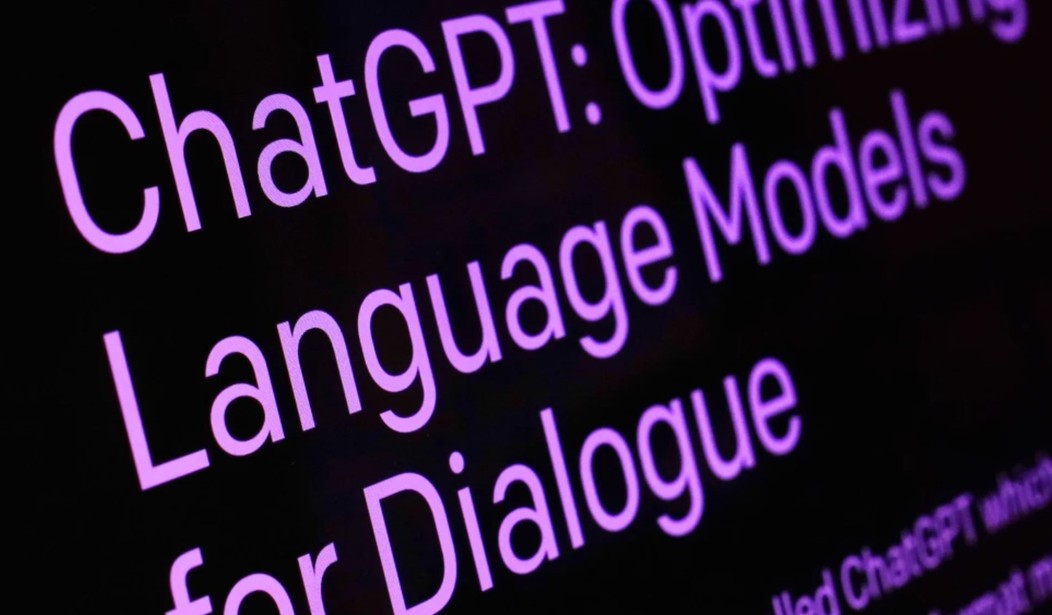The supply of actual hatred is so low, our media and social better are having to manufacture more of it.
We'll come back to that.
If you're a white or pink-collar worker today, you may just be looking over your shoulder at Artificial Intelligence (AI). The notion of computers taking human jobs may strike someone who doesn't work at one of those jobs as funny...
...but "dystopian" also works. If you "learned to code" when your job as a writer for Gawker went away, but now your newfound coding chops are skipping the "ship to India" phase and going straight to AI, and you have to "learn to be a plumber", it might be less funny.
You're told it's not really a thing, yet:
Direct evidence of an acceleration in human obsolescence remains scant so far. In a report this week, the job and hiring consultancy Challenger, Gray & Christmas said cuts spurred by President Donald Trump’s Department of Government Efficiency remained the leading cause of job losses — especially for government, nonprofit and other sectors supported by federal funds — followed by general economic and market conditions.
Out of 286,679 planned layoffs so far this year, only 20,000 were linked to automation, the firm said — with just 75 explicitly tied to AI implementation.
“Far less is happening than people imagine,” said Andrew Challenger, senior vice president at the consultancy, referring to the impact of AI on the broader workforce in the U.S. “There are roles that can be significantly changed by AI right now, but I’m not talking to too many HR leaders who say AI is replacing jobs.”
But that's scant comfort in a white-collar job market like this.
You might even be a little sardonic, sarcastic, or angry about it. Maybe even enough to make up an insult about the...well, not human, and indeed about the nonhuman, or even non-tangible, entity that has you, a 53 year old white career white collar guy with a degree in political science and a career as a "content creator" or middle manager, delivering DoorDash and looking at websites for auto mechanics programs.
And when you're on the phone with your credit card company, bellowing "get me to a human representative, you..." at the automated phone tree, you might want to call it - it, a non-human entity with no corporeal existence - something nasty.
Our society has come up with such a term:
“Clanker” appears to have peeked into the internet’s lexicon starting in early June, with Google Trends data showing a sudden uptick in search interest. An entry on KnowYourMeme.com, a website dedicated to documenting the varied weirdness of the internet, traced the term back to the 2010s, when Star Wars communities adopted it from its use in various Star Wars shows to refer to battle robots. Other pieces of science fiction also predicted the rise of slurs for machines, most notably “Blade Runner,” with “skinjob” to refer to highly advanced, humanlike robots.
But not so fast. Because no sooner has society come up with a way to vent your frustration at non-humans that frustrate, beset, or enervate you, than the sensitivity police (whose jobs are not being replaced by AI) sound off:
But there’s a catch. By using a slur in a way that would typically apply to a human, people are also elevating the technology, offering some sense that people both want to put down the machines and recognize their ascension in society.
Adam Aleksic, a linguist who is also a content creator focused on how the internet is shaping language, said he first noticed the emergence of “clanker” a couple of weeks ago. Its use mirrored classic slurs related to racial tropes and appeared to emerge out of a growing “cultural need” related to growing unease with where advanced technology is heading. In one video — somewhat ironically appearing to have been created by AI — a man berates his daughter during a family dinner for dating “a goddamned clanker,” before his wife steps in and apologizes to the robot.
“What we’re doing is we’re anthropomorphizing and personifying and simplifying the concept of an AI, reducing it into an analogy of a human and kind of playing into the same tropes,” Aleksic said. “Naturally, when we trend in that direction, it does play into those tropes of how people have treated marginalized communities before.”
Can you actually offend something (still) doesn't have feelings? A sense of self or identity?
Did I just cross a line by asking that question and earn myself some enemies, human or ephemeral?








